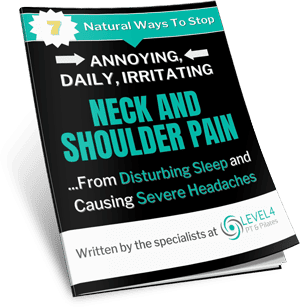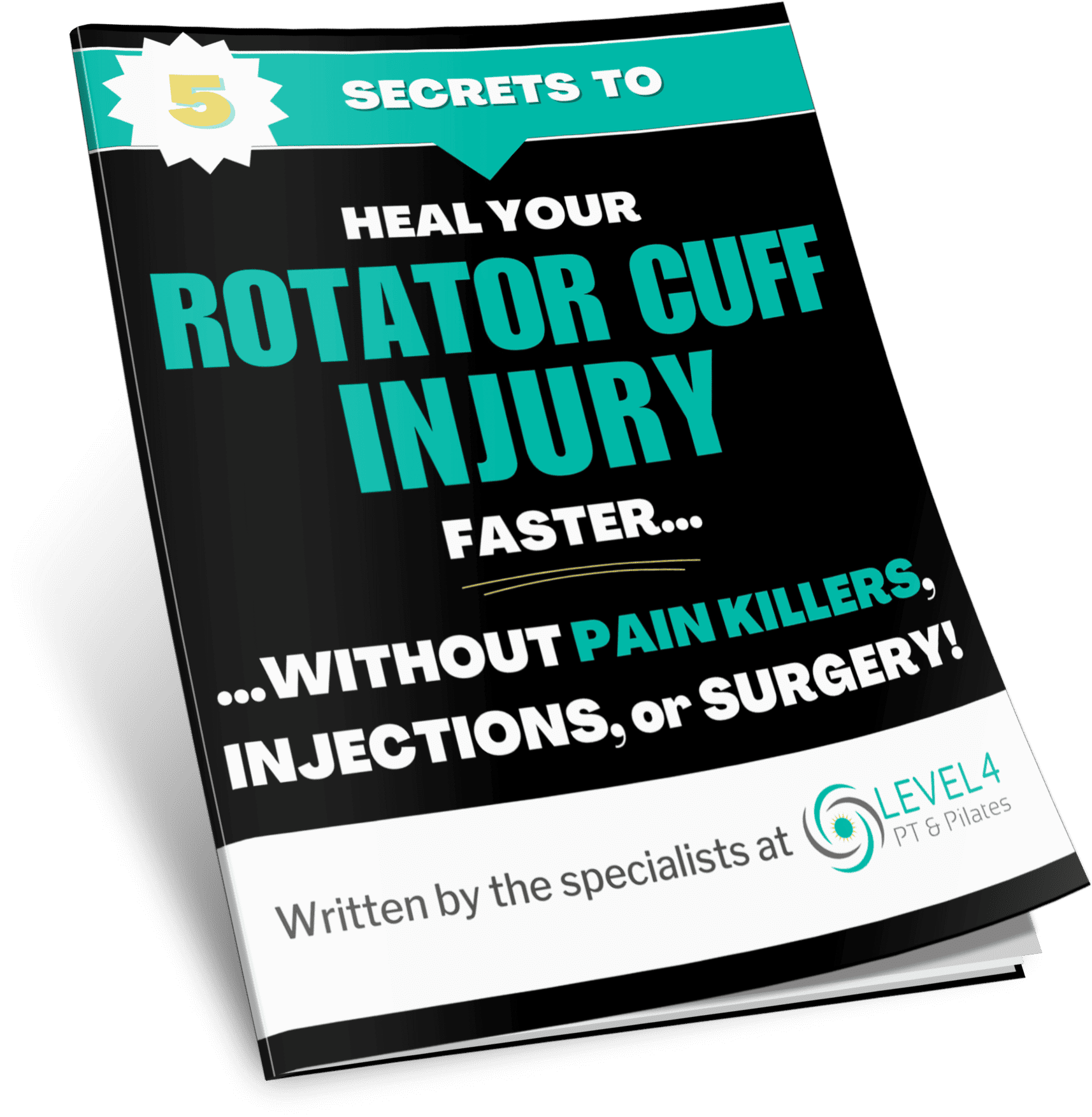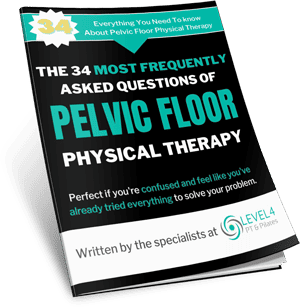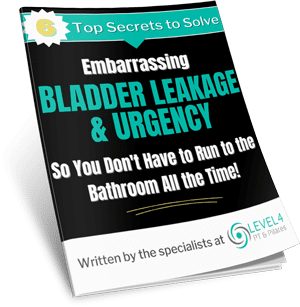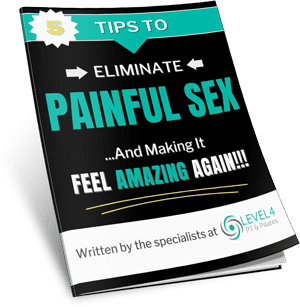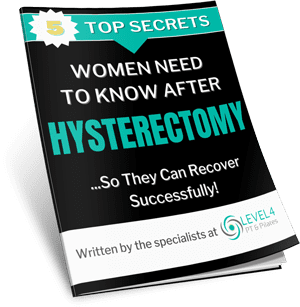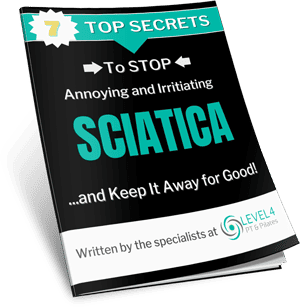
Click here for more information about how to keep you rolling BJJ for a lifetime.
Are you thinking about competing in a Jiu Jitsu tournament this year? Are you over 30-years old? Have you hurt a tendon or muscle before? Have you been inconsistent with your workouts or training sessions? If you answered “yes” to any of the above questions, this information will be a good read for you. This blog will discuss tendon and muscle injuries, talk about how to reduce your risk of injury, and what to do if you should sustain a tendon or muscle injury.
Aging
As a normal part of the aging process, stiffness occurs in muscles, tendons and joints. This starts to occur in a majority of people after 30-years of age. This stiffness is not preventable, but the process can be slowed. So, how do slow this process down? Movement is the key in this prevention. Unfortunately, technology has driven us from a “standing-and-moving” workforce to a “sitting-in-front-of-a-computer” workforce. And then we get off of work to deal with the challenges of life and hopefully get some exercise in whatever free time you have leftover. A recent study found that regular exercise for one hour is not even enough to offset sitting for 6+ hours a day.
So maybe you decide to go train jiu jitsu for an hour class. Are your tendons ready to accept this force after you did almost nothing stressful to your body for most of the day? One advantage here is that the nature of jiu jitsu is lifestyle driven, whereby one continues to train and move through a lifetime. It encompasses flexibility, strength, and agility, so the hope is that when injuries to these areas do occur, we can minimize the length of time that we deal with them.
Tendinopathy
Over the last 20 years, we have learned more about these tendon injuries than what was previously known. Terminologies have changed as well, which makes it sometimes difficult to follow. These terms include tendinopathy, tendinitis, and tendinosis, which unless you work in the medical profession, most people will use interchangeably. The most common current nomenclature is tendinopathy, which is an umbrella term for an injury to a tendon.
Tendinopathy is one of the more common musculoskeletal injuries that occurs to a tendon, particularly in jiu jitsu. These commonly occur to the patella tendon (anterior knee), common extensor tendon (lateral elbow), common flexor tendon (medial elbow), biceps tendon (anterior arm), and the Achilles tendon (posterior ankle). In jiu jitsu, the more common locations are in the shoulder and elbow because of the constant gripping, pushing, and pulling. However, this can happen to any tendon within the body.
Causes of Tendinopathy
There are several different causes for these tendinopathies, ranging from unaccustomed activity/overloading, direct trauma/contusions, muscle weakness, muscle tightness and other muscle imbalances. There are also intrinsic factors (things inside our body) that predispose us to tendinopathy, which are muscle tightness, muscle weakness, body structure, and our overall training regime. If you train too little, your tendons become weakened and are easily stressed and become injured. Remember the adage “Use it or lose it.” If you train too much, you repetitively stress the tendons excessively, leading to tissue breakdown and subsequent injury.
There are additional extrinsic factors (environmental or what you put in your body) that may make you more predisposed to these as well. These include medications, current/past health status, medical conditions, and social activities.
Click here for more information about how to keep you rolling BJJ for a lifetime.
Medicinal Impact on Tendons
Medications are supposed to help us, but sometimes they can cause side effects or adverse reactions in certain individuals.
Antibiotics
Antibiotics that contain fluoroquinolones, which are used as an antimicrobial agent, are known to cause tendon damage commonly seen in the Achilles, the quadriceps, rotator cuff, and lateral elbow tendons. Approximately 40% of the cases were in Achilles tendon as rupture injuries. And the onset of this is very rapid, with a median duration of 8 days. If you have had a tendon injury previously, you are also more at risk than those who have not sustained one previously.
Statins are used to control cholesterol and have also been found to cause tendon damage. This problem is not immediate and generally takes 10 months or longer for symptoms to occur, while about one third of these cases are tendon ruptures. Similarly to fluoroquinolones, they affect the Achilles, rotator cuff and lateral elbow tendons.
Cortisone Injections
Corticosteroids, or cortisone, are used to treat injuries, due to their strong anti-inflammatory properties. These can be taken orally or injected directly into the tissue. They are known to negatively affect tensile strength and localized collagen synthesis, which creates a weakened tendon that requires less stress-load to cause injury. This has been shown in both human and animals studies. Unfortunately, people tend to focus on these corticosteroids for the pain relieving aspect, with little thought to the potential negative impact, especially with multiple injections. It has been suggested that if one sustains a tendon injury that is considered chronic or degenerative, that a cortisone injection can cause a tendon rupture, because the tendon is already in a weakened state.
Steroid Use
Anabolic steroids have been used for many years to enhance muscular strength and mass. Regrettably, their use can also have a similar effect as corticosteroids. The impact is often repeated tendon injuries, and eventually tendon ruptures while performing under load. This also tends to increase with age if anabolic steroids were used at a younger age.
Other Medical Conditions
Your overall health can also impact your tendons. Certain medical conditions may predispose you to tendon and muscle injuries. Here is a chart of some of these medical conditions.
- Diabetes
- High Cholesterol
- Rheumatoid arthritis
- Infections
- Inflammatory bowel disease
- Psorasis
- Gout
- Thyroid disease
- Connective tissue disorders
- Obesity
- Tumors
- Menopause
Social activities like drinking, smoking and the use of recreational drugs can also impact our tendons and muscles. Alcohol is a diuretic, thus depleting our tissues of valuable water for rolling sessions. Smoking causes vasoconstriction of our blood vessels, which means our tissues do not get the nourishment needed to stay healthy. And when we get hurt, our ability to heal is much slower if we smoke. Recreational drugs can impact our ability to heal as well, and the cause will depend on which drugs are used.
Want more info? Contact Dr. Ingstad (Leading BJJ Physical Therapist in San Diego, CA)
Level4 Physio-Wellness-Performance
dr.ingstad@level4pt.com
760-503-4440
Click here for more information about how to keep you rolling BJJ for a lifetime.
- 3 Proven Ways You Can Relieve Sciatic Pain While Sleeping - September 14, 2023
- Menopause and the Impact It Can Have On Your Weight - August 4, 2023
- 5 Ways That Pilates Can Help With Back Pain - July 19, 2023





